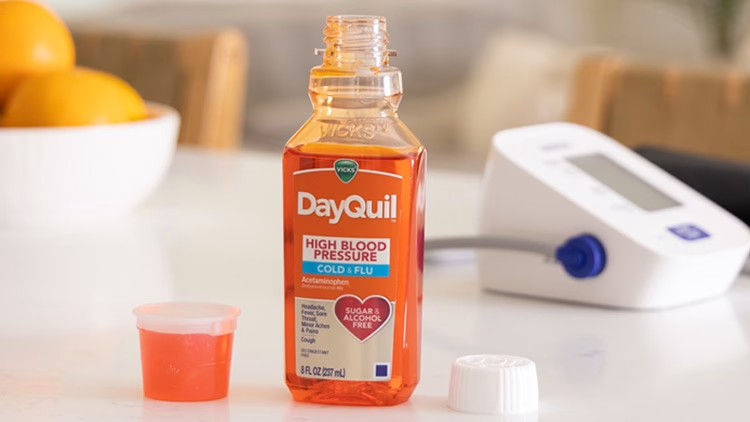What is Blood Pressure?
When your heart pumps blood through your arteries, the blood pushes against the walls of your blood vessels. The pressure that results from this push is called blood pressure.1
Blood pressure is usually highest when you wake up in the morning and lowest at night. It fluctuates throughout the day due to various factors, including physical activity, emotional stress, circadian rhythm, and medications.
- Physical activity can cause blood pressure to rise temporarily. This is because when you are active, your heart works harder to pump blood to your muscles.
- Emotional stress can also cause blood pressure to rise. When stressed, your body releases hormones that constrict your arteries and increase your heart rate.
- Medications, such as decongestants, can also cause blood pressure to fluctuate.
While blood pressure fluctuations are normal, monitoring your blood pressure to ensure it stays within a healthy range is crucial. If you experience a sudden or severe drop in blood pressure, or if your blood pressure remains high for an extended period, you should seek medical attention.
